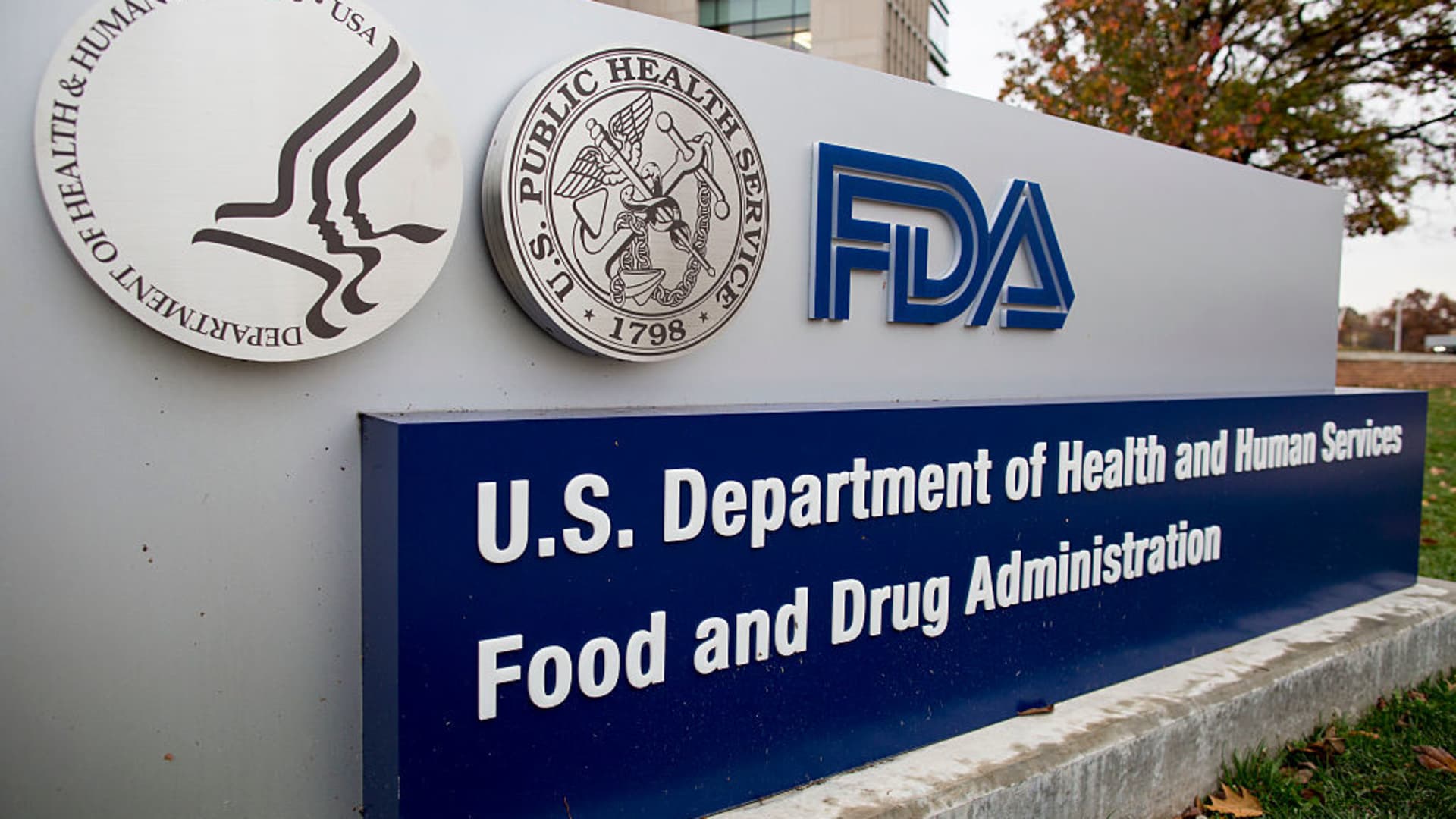
The Food and Drug Administration on Thursday approved a controversial new drug designed to slow the progress of Lou Gehrig’s disease, a victory for patients and advocates despite limited evidence that the drug is effective.
The drug, from the Massachusetts-based Amylyx Pharmaceuticals, joins only a handful of drugs approved by the agency for the fatal neurodegenerative disease and its symptoms.
The disease, also called amyotrophic lateral sclerosis, or ALS, affects nerve cells needed for activities like walking, speaking and eating. There is no known cure, and most people live only two to five years after diagnosis, according to The ALS Association.
The FDA’s decision was based on a single phase 2 clinical trial of 137 ALS patients that found people who took Amylyx’s drug, which will be sold under the name Relyvrio, lived about 10 months longer than those who didn’t receive it. The drug also appeared to delay hospitalizations.
The medicine, taken as a pill, is a combination of two existing products: sodium phenylbutyrate, which is prescribed to treat a metabolic disorder, and taurursodiol, an over-the-counter supplement used to help prevent liver disease.
Amylyx said it is still figuring out what it will charge for the drug. It’s possible that it could be priced similarly to an older ALS drug, edaravone, which costs around $170,000 a year, according to a report from the Institute for Clinical and Economic Review.
The approval is likely to spawn some disagreement among neurologists who treat ALS.
Generally, the FDA requires at least two well-controlled clinical trials to demonstrate that a drug is effective, or a single trial that is “highly statistically persuasive,” said Holly Fernandez Lynch, an assistant professor of medical ethics at the University of Pennsylvania. Amylyx’s trial, she said, didn’t meet the agency’s standards.
Concerns about the trial results were raised in March, when the drug was first brought before an FDA advisory committee. In briefing documents released ahead of that meeting, agency scientists questioned the Amylyx trial’s persuasiveness. The committee voted narrowly against recommending the drug for approval.
The FDA, however, took the unusual step of calling for a second advisory committee just six months later, after Amylyx submitted an additional analysis of its trial data. During that meeting, the advisory committee reversed course, voting to recommend the drug.
The favorable vote came despite yet another poor review from FDA scientists as well as concerns from several members of the advisory committee about whether the clinical trial data provided by Amylyx showed clear evidence that the drug slows the progression of the disease.
The agency’s consideration of the drug has been compared to Biogen’s Alzheimer’s drug, Aduhelm. That drug received full approval from the FDA in 2021, even though the advisory committee voted overwhelmingly against its recommendation, citing a lack of evidence that it was effective.
Amylyx’s drug approval suggests that the FDA is willing to show the utmost flexibility for life-threatening diseases for which there is an “unmet treatment need,” Lynch said.
However, the decision could pose further challenges for the agency, she added, because it may not give the company much incentive to prove that the drug works.
“It also puts the onus on payers to decide whether the evidence is sufficient to support coverage, so in that sense, it may simply kick the can,” she said.
Advocates say that while questions remain about the drug’s effectiveness, patients should be allowed to at least try the drug.
“We need new treatments as quickly as possible if we are going to turn ALS into a livable disease and eventually cure it,” Larry Falivena, a member of The ALS Association, an advocacy group, said in an email.
Amylyx is currently running a larger phase 3 clinical trial on the drug, which it expects to complete in late 2023 or early 2024.
During the September advisory committee meeting, company representatives agreed to pull the drug from the market if those trial results showed it was not effective. The drug has already received conditional approval in Canada.







